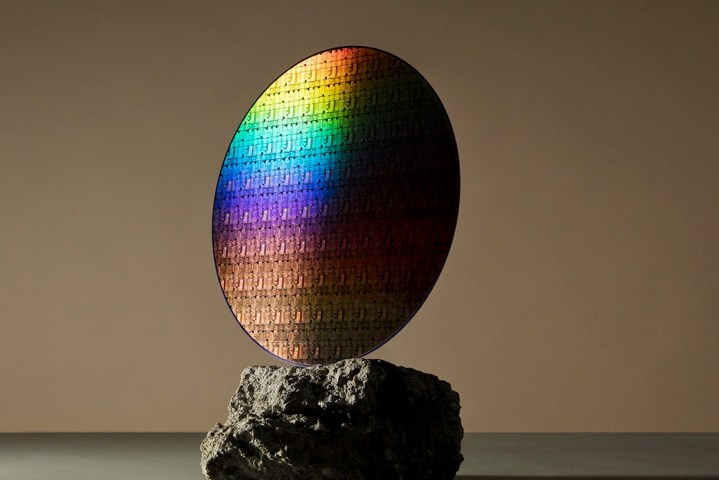Researchers found the future of semiconductors in boron
Researchers from the Massachusetts Institute of Technology (MIT), the University of Houston, and other facilities have just published an interesting paper that speculates on the future of silicon — or rather, a possible lack thereof.
According to the report, using cubic boron arsenide (c-BAs) instead of silicon in semiconductor manufacturing could bring a host of benefits, including better thermals, conductivity, and a performance increase worthy of the future of computing. Is silicon going to become obsolete?
As hardware gets more and more powerful with each passing year, keeping the thermals at bay becomes an increasing problem for manufacturers worldwide. With some next-gen releases, such as the rumored Nvidia GeForce RTX 4090 graphics card, said to require an up to 1,200-watt power supply, the heat generated by these kinds of hardware is truly intense — and that will only get worse with each generation of products.
As a result of the growing potential that gets stifled by the current tech, scientists are trying to think of ways to improve computing as a whole, and one major way to do so would be to replace silicon as the main material used in manufacturing semiconductors. Silicon is used far and wide right now and can be found in all kinds of chips, but it’s not the perfect solution; on the contrary, it has a lot of flaws.
MIT explains that electrons whizz through the structure of silicon easily, but it’s nowhere near as efficient for “holes” — a term that refers to the positively charged counterparts of electrons. Silicon only really does a good job on negatively charged electrons. It’s also a really poor solution when it comes to heat conductivity, so much so that high temperatures in the best CPUs are an accepted norm and something to be dealt with through various cooling solutions.
Now, the research team involved in this project set out to find a better option than silicon, and they found that cubic boron arsenide addresses both of the issues of silicon. It’s equally good for both electrons and “holes,” opening the door to a whole new level of computing.
“That’s important because of course in semiconductors we have both positive and negative charges equivalently. So, if you build a device, you want to have a material where both electrons and holes travel with less resistance,” said Gang Chen, the leading professor of mechanical engineering at MIT. The report also highlights that cubic boron arsenide offers up to 10 times better thermal conductivity than its silicon counterparts. It even beats copper, and by a large margin, too.

If cubic boron arsenide addresses both of silicon’s biggest problems, it sounds like the perfect semiconductor material. In the paper, the scientists refer to it as a “gamechanger.” It makes sense that silicon would, therefore, be left behind as the future of computing moves on to better materials. But it’s not as simple as that.
So far, cubic boron arsenide has only been made in small batches created for the purpose of testing. Silicon is abundant and easy to come by, but boron arsenide not so much. The researchers make it clear that it’s still uncertain whether cubic boron arsenide can ever be harnessed in a large enough capacity to replace silicon. Perhaps it could be used in small batches for semiconductors that really require the extra power. It seems that we will have to stick to the tried-and-true silicon — at least until a better solution presents itself.
Editors’ Recommendations
For all the latest Technology News Click Here
For the latest news and updates, follow us on Google News.
